Anatomy > STUDY GUIDE > West Coast University ANAT 260 Physiology PGA 3 Study Guide for Chapters 7-13. (All)
West Coast University ANAT 260 Physiology PGA 3 Study Guide for Chapters 7-13.
Document Content and Description Below
Physiology- PGA: 3 CHAPTER 7: 1. What makes a chemical a hormone? a. The traditional definition of a hormone is a chemical secreted by a cell or group of cells into the blood for transport to a di... stant target, where it exerts its effect at very low concentrations. - Hormones are secreted not only by classic endocrine glands but also by isolated endocrine cells (hormones of the diffuse endocrine system), by neurons (neurohormones), and by cells of the immune system (cytokines) - Hormones are secreted into the blood. However, the term ectohormones has been given to signal molecules secreted into the external environment. --- Pheromones are specialized ectohormones that act on other organisms of the same species to elicit a physiological or behavioral response. - Hormones Are Transported to a Distant Target: by the traditional definition, a hormone must be transported by the blood to a distant target cell. - Hormones Exert Their Effect at Very Low Concentrations: Hormone has ability to act at concentrations in the nanomolar (10−9 M) to picomolar (10−12 M) range. Some chemical signals transported in the blood to distant targets are not considered hormones because they must be present in relatively high concentrations before an effect is noticed. 2. Make a list of peptide hormones, cholesterol derived hormones, and single amino acid hormones. a. Peptide/protein hormones, composed of three or more amino acids; steroid hormones, derived from cholesterol; and amino acid–derived hormones, derived from either tyrosine (e.g., catecholamines and thyroid hormones) or tryptophan (e.g., melatonin) 3. Using figure 7.7 explain how insulin lowers blood glucose. a. This hormone, insulin, causes the liver to convert more glucose into glycogen (this process is called glycogenesis), and to force about 2/3 of body cells (primarily muscle and fat tissue cells) to take up glucose from the blood through the GLUT4 transporter, thus decreasing blood sugar. [Show More]
Last updated: 2 years ago
Preview 1 out of 20 pages
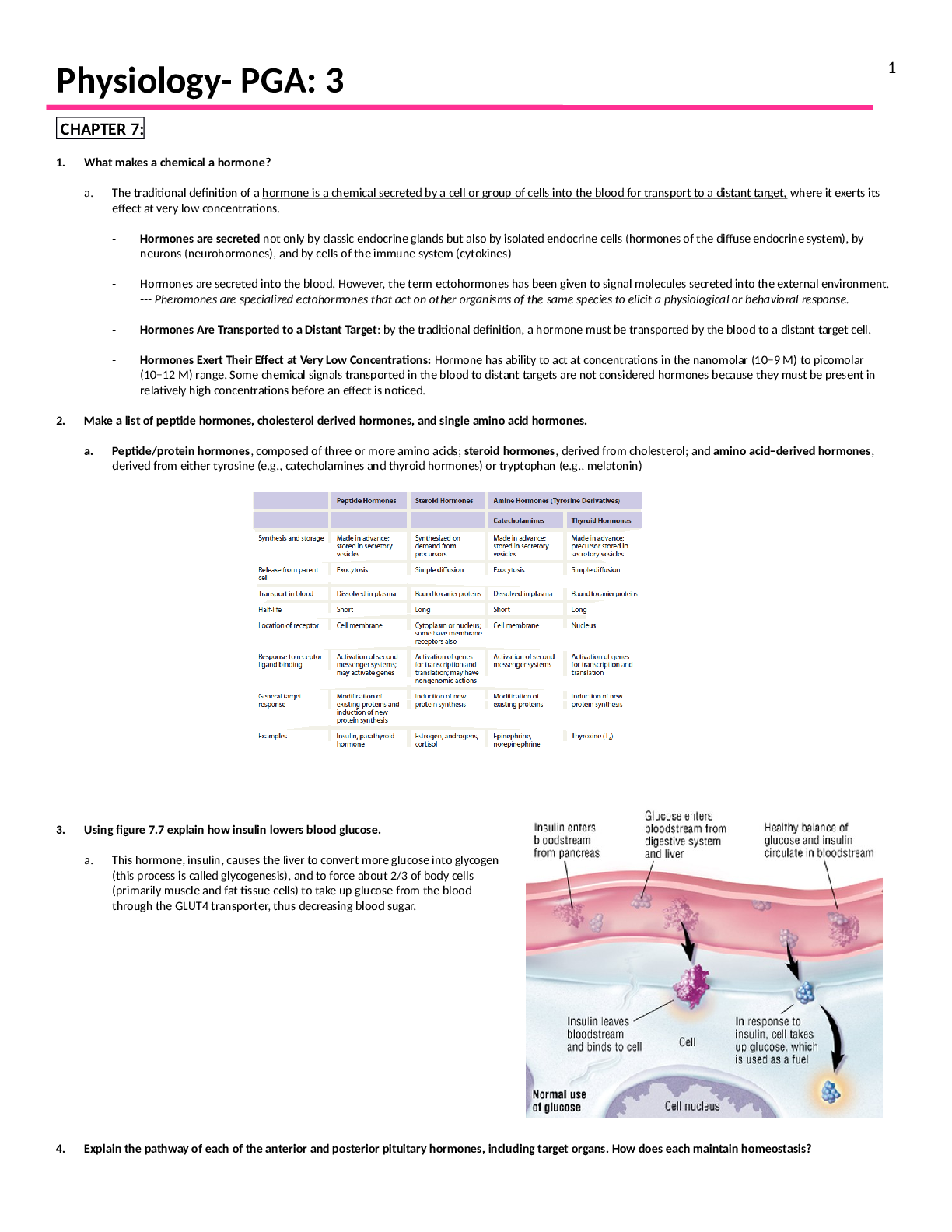
Buy this document to get the full access instantly
Instant Download Access after purchase
Buy NowInstant download
We Accept:

Reviews( 0 )
$12.00
Can't find what you want? Try our AI powered Search
Document information
Connected school, study & course
About the document
Uploaded On
Jun 08, 2021
Number of pages
20
Written in
Additional information
This document has been written for:
Uploaded
Jun 08, 2021
Downloads
0
Views
101

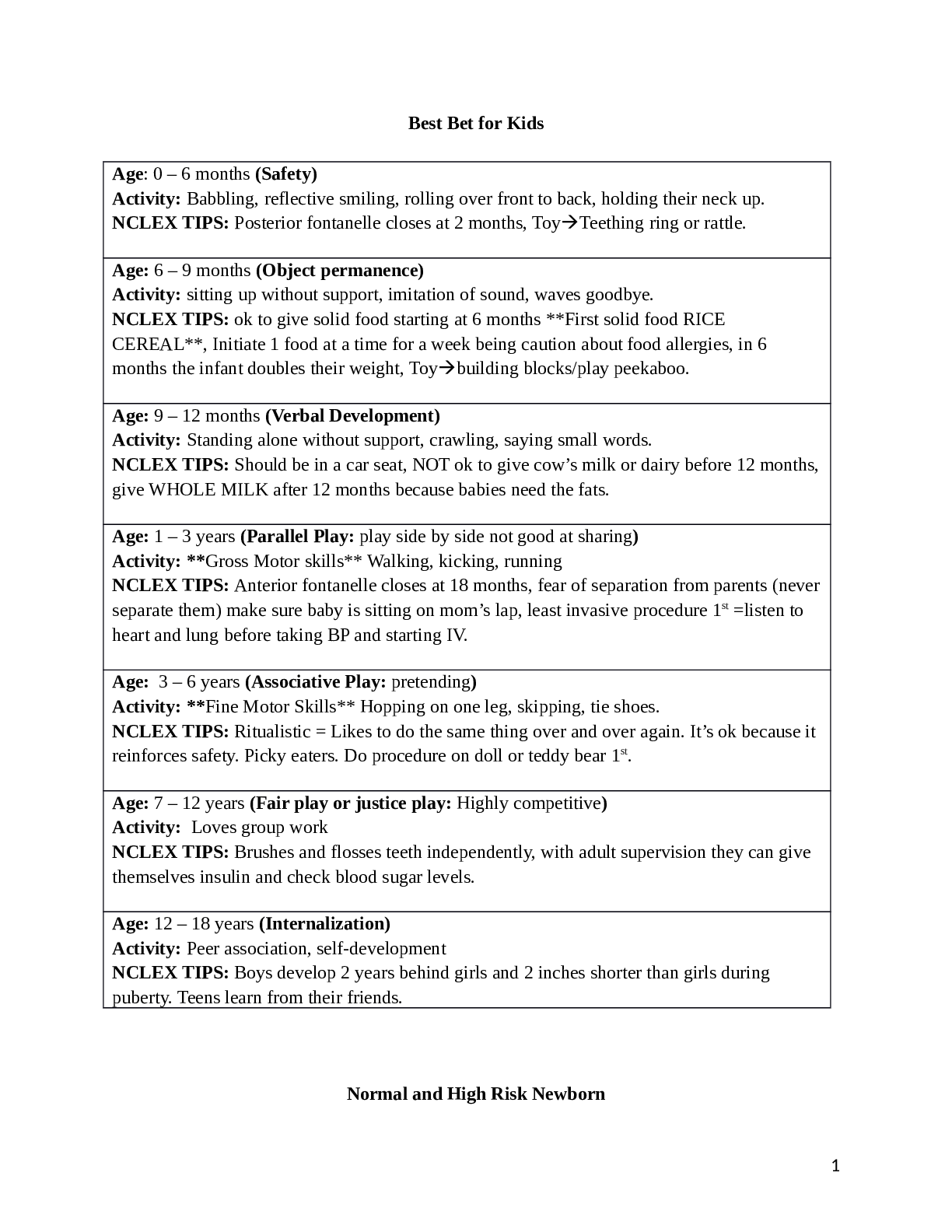
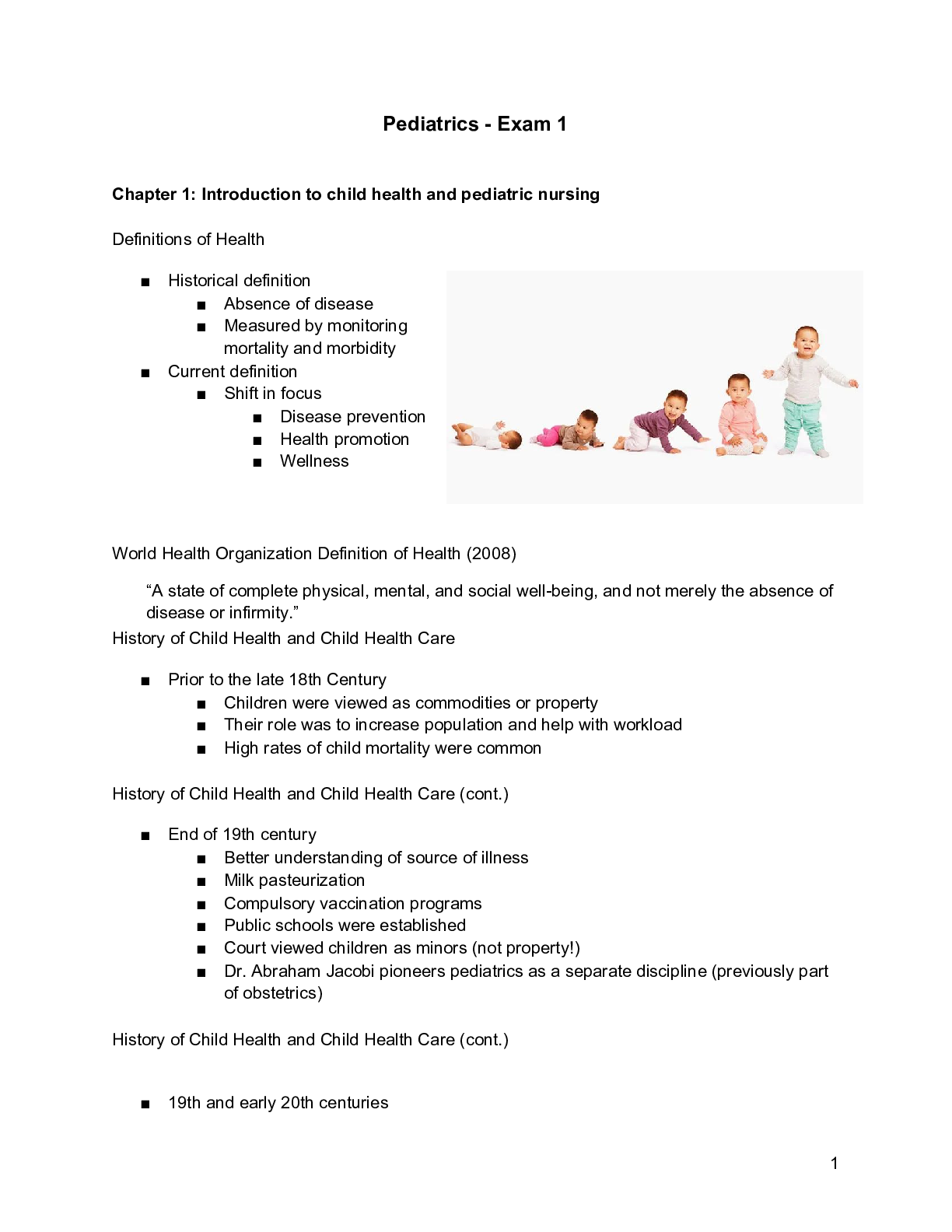
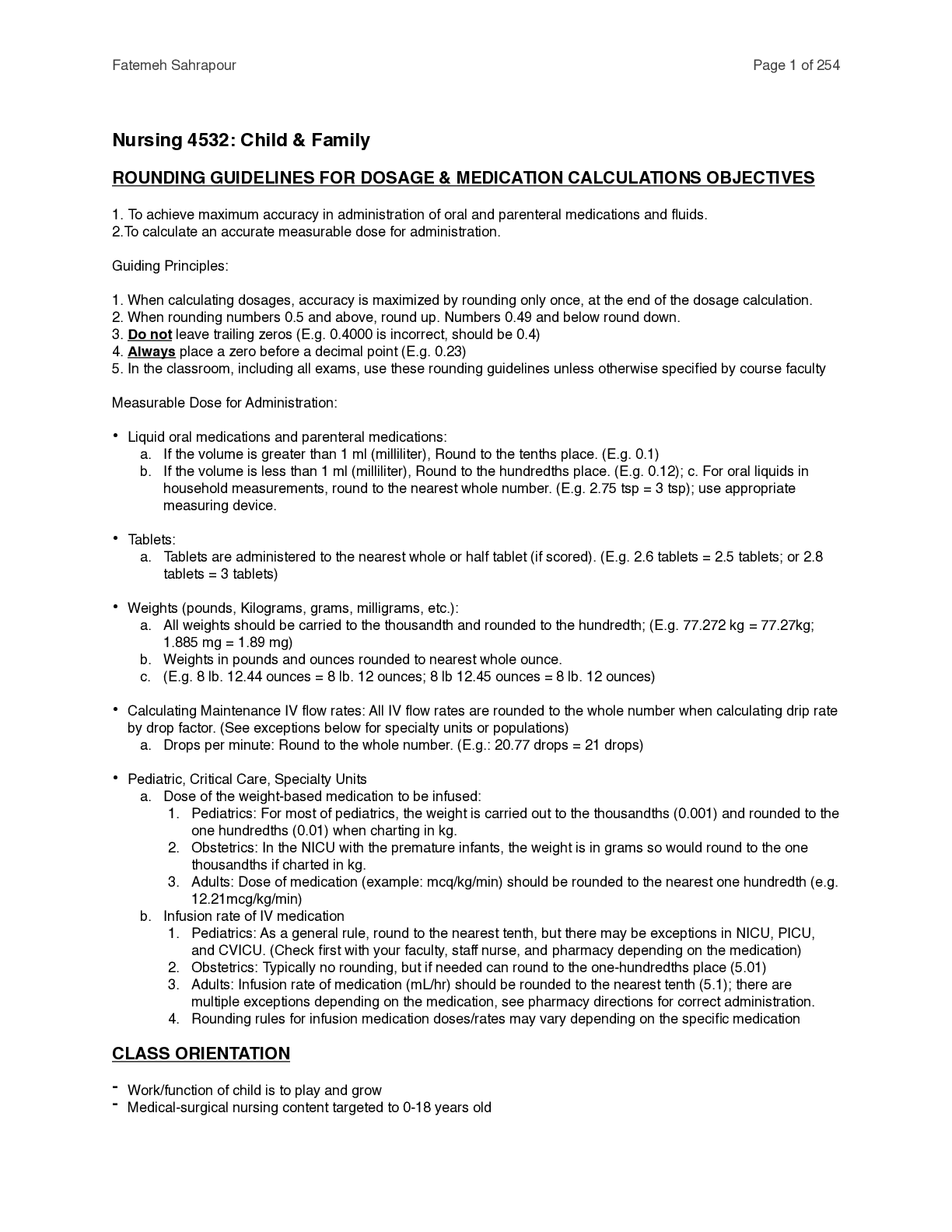

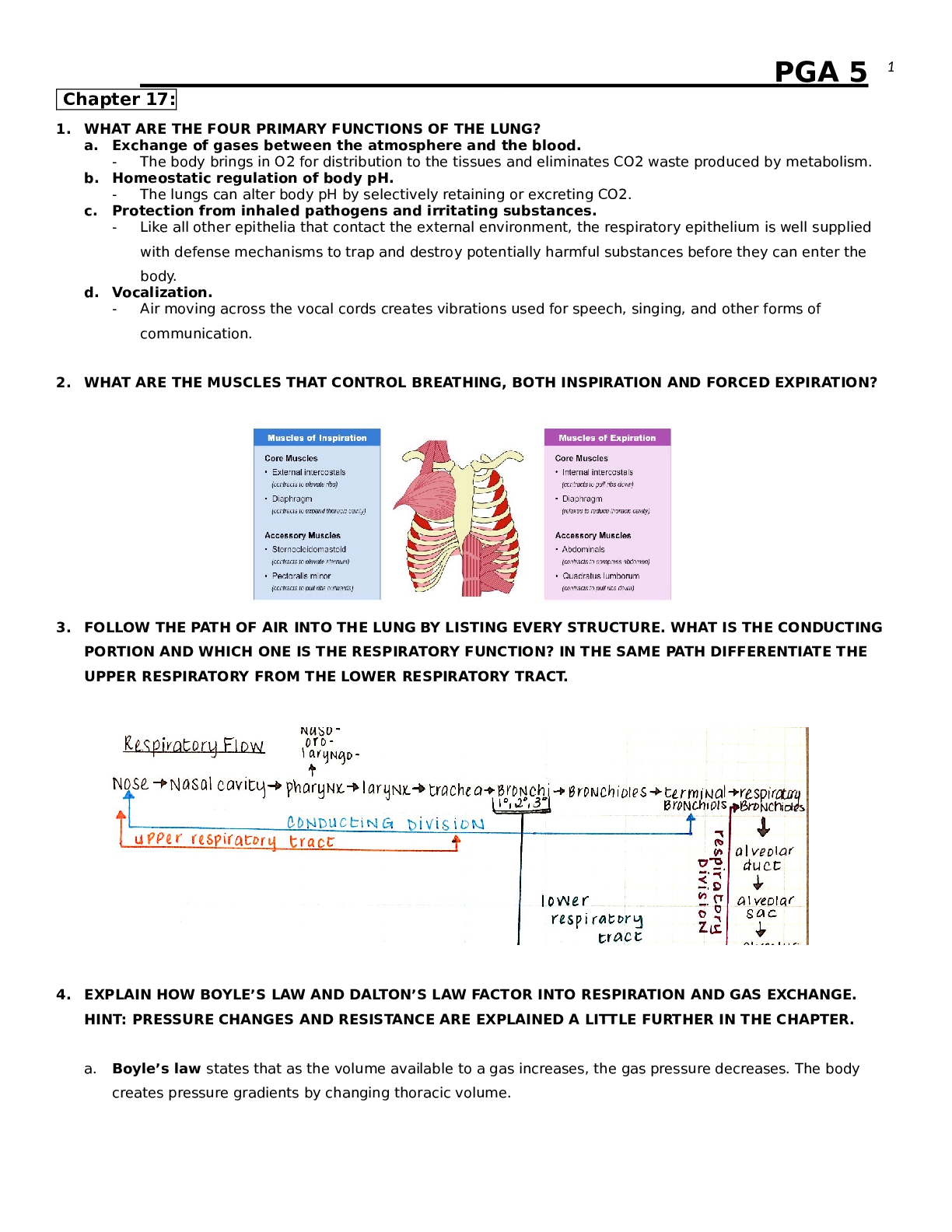
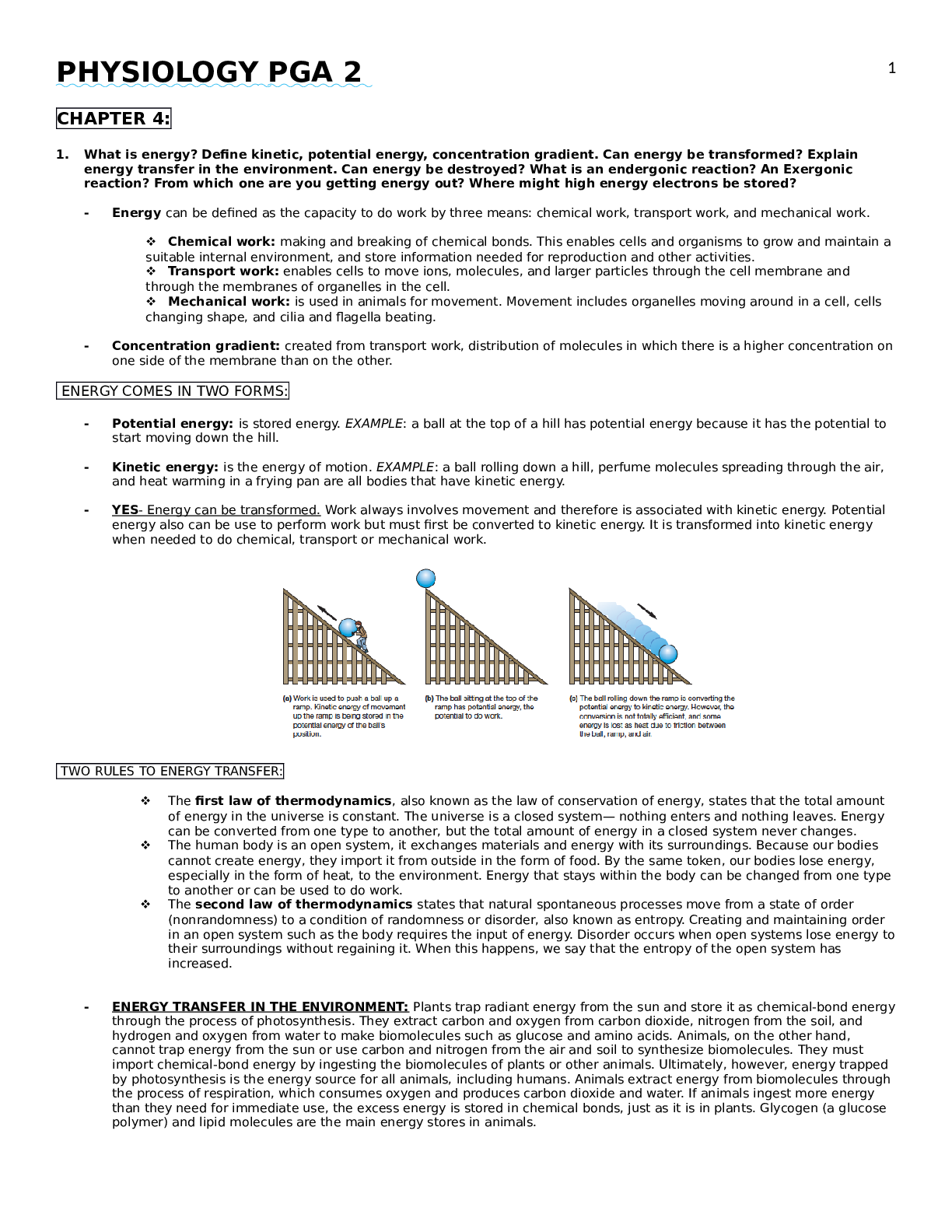
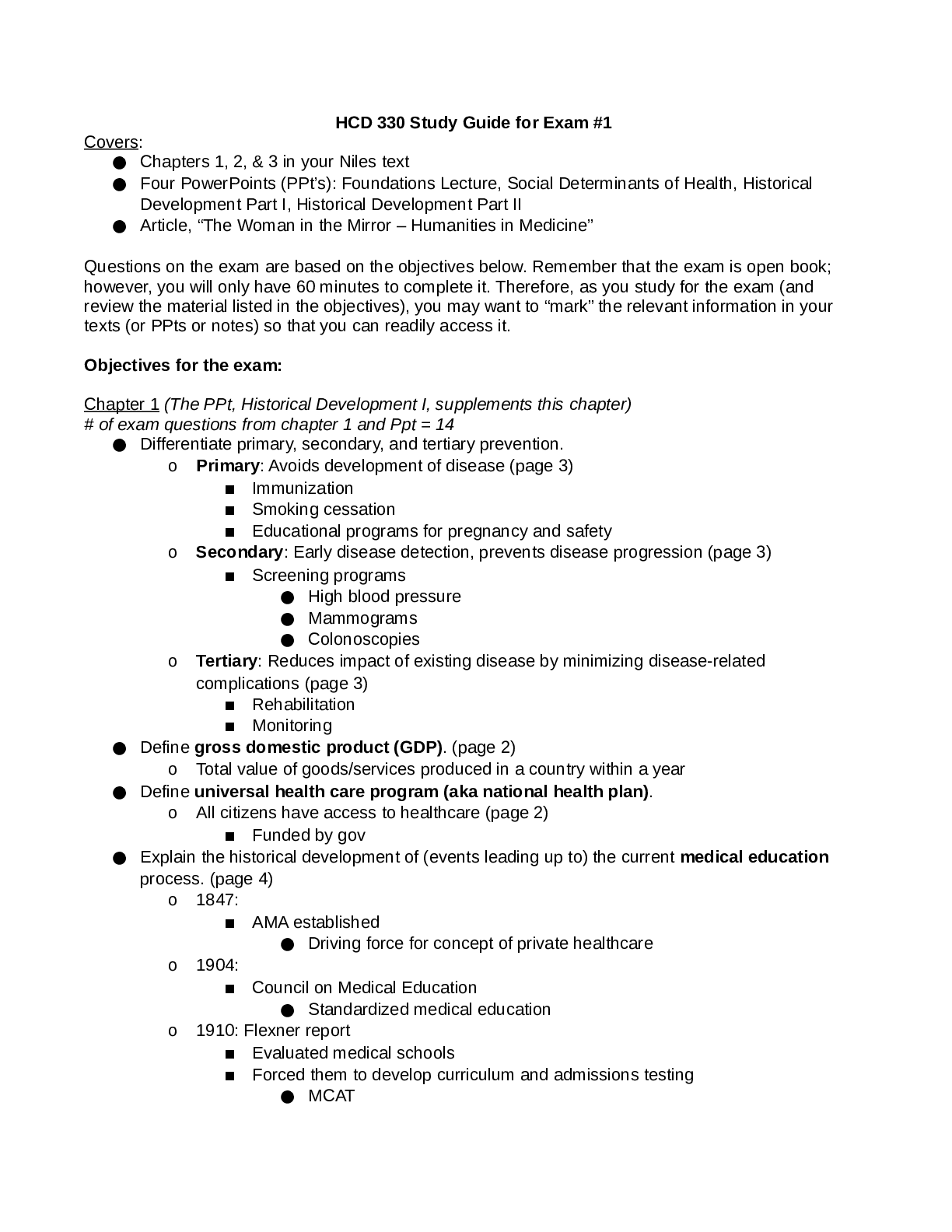

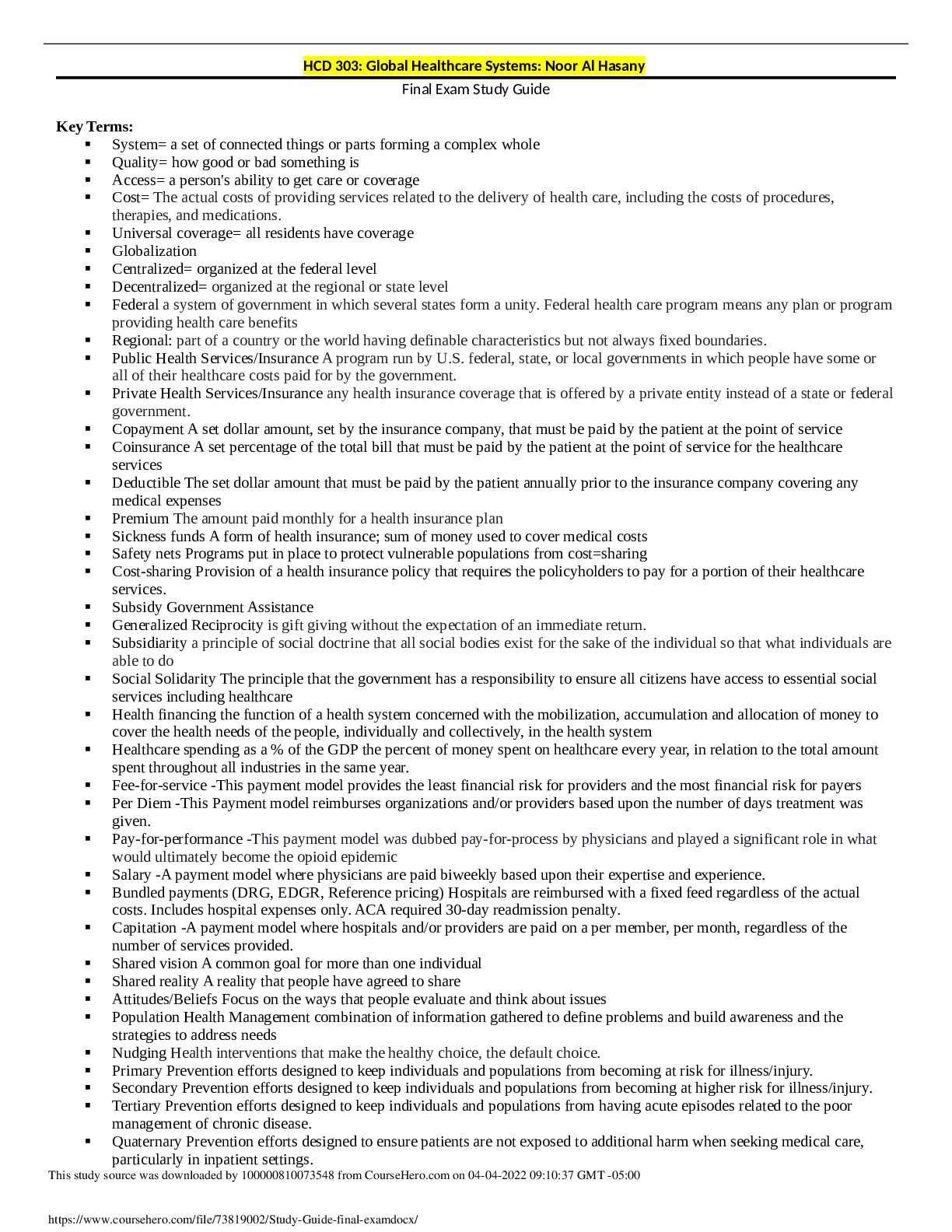


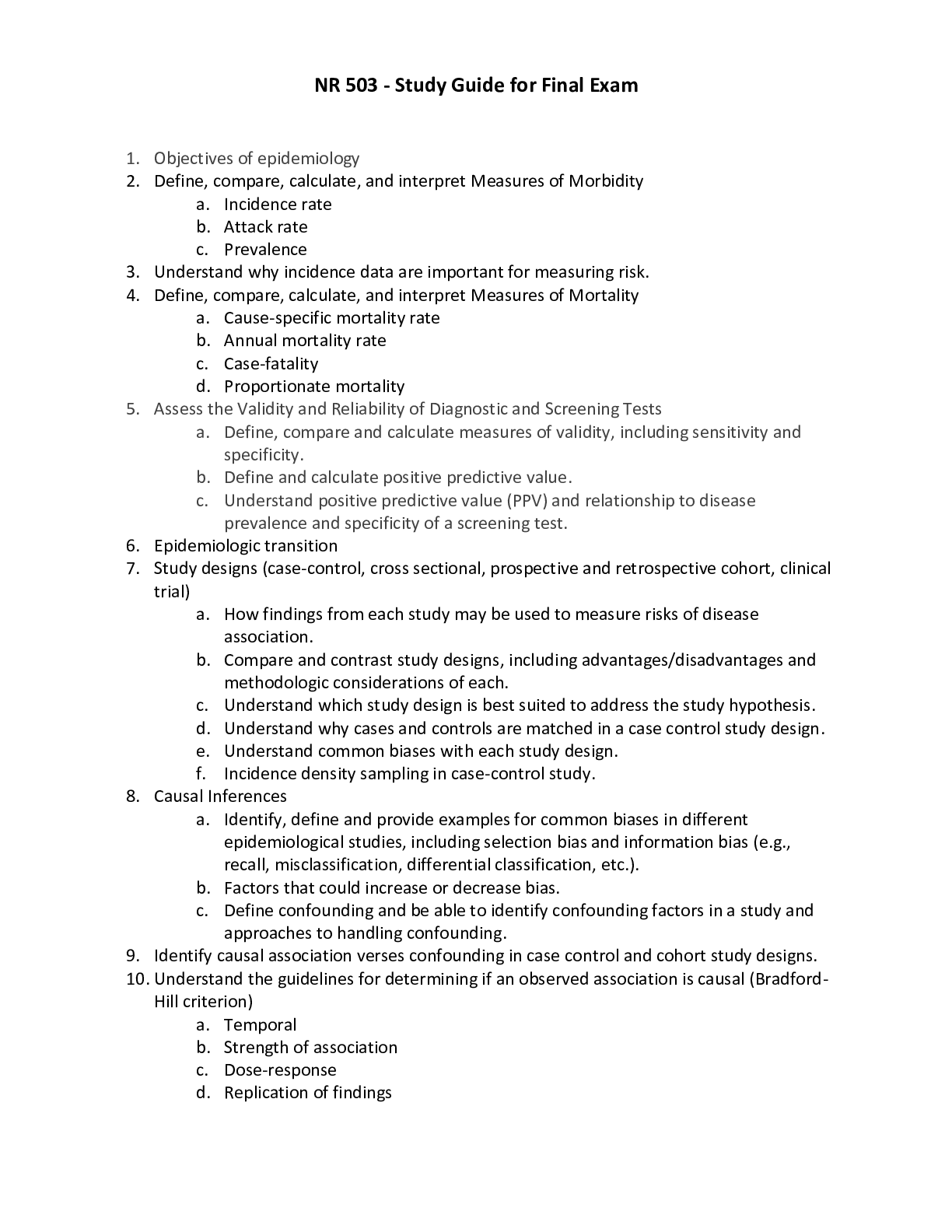

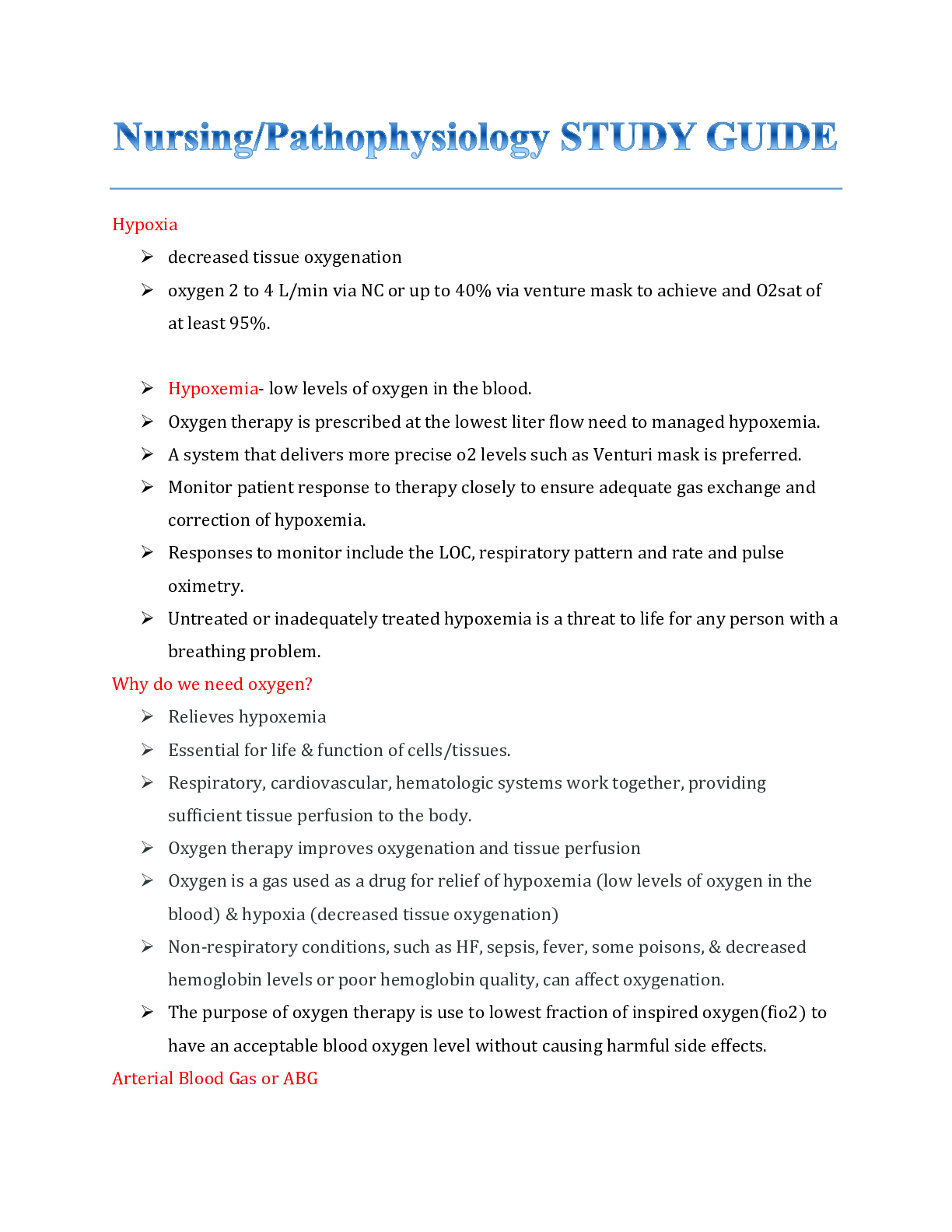




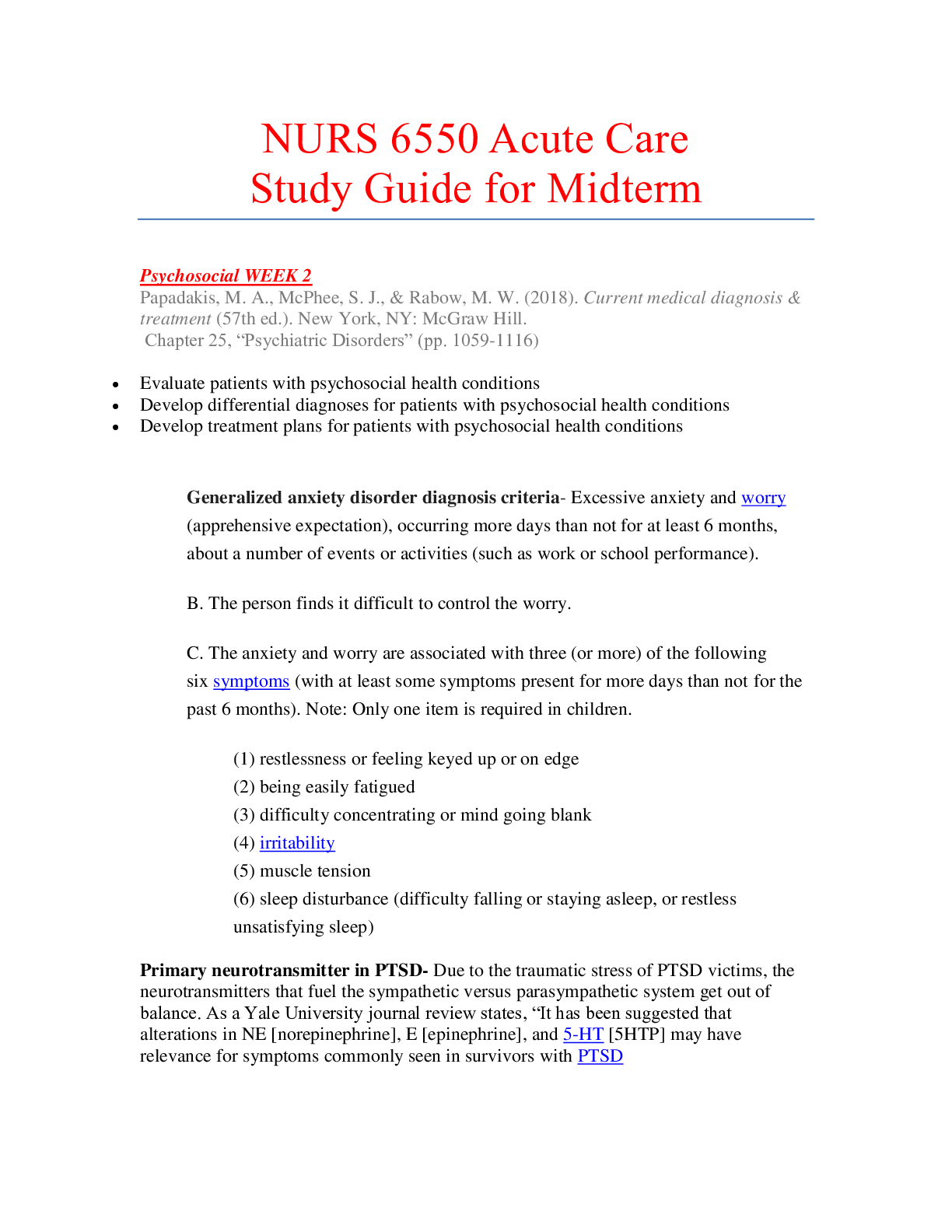

.png)
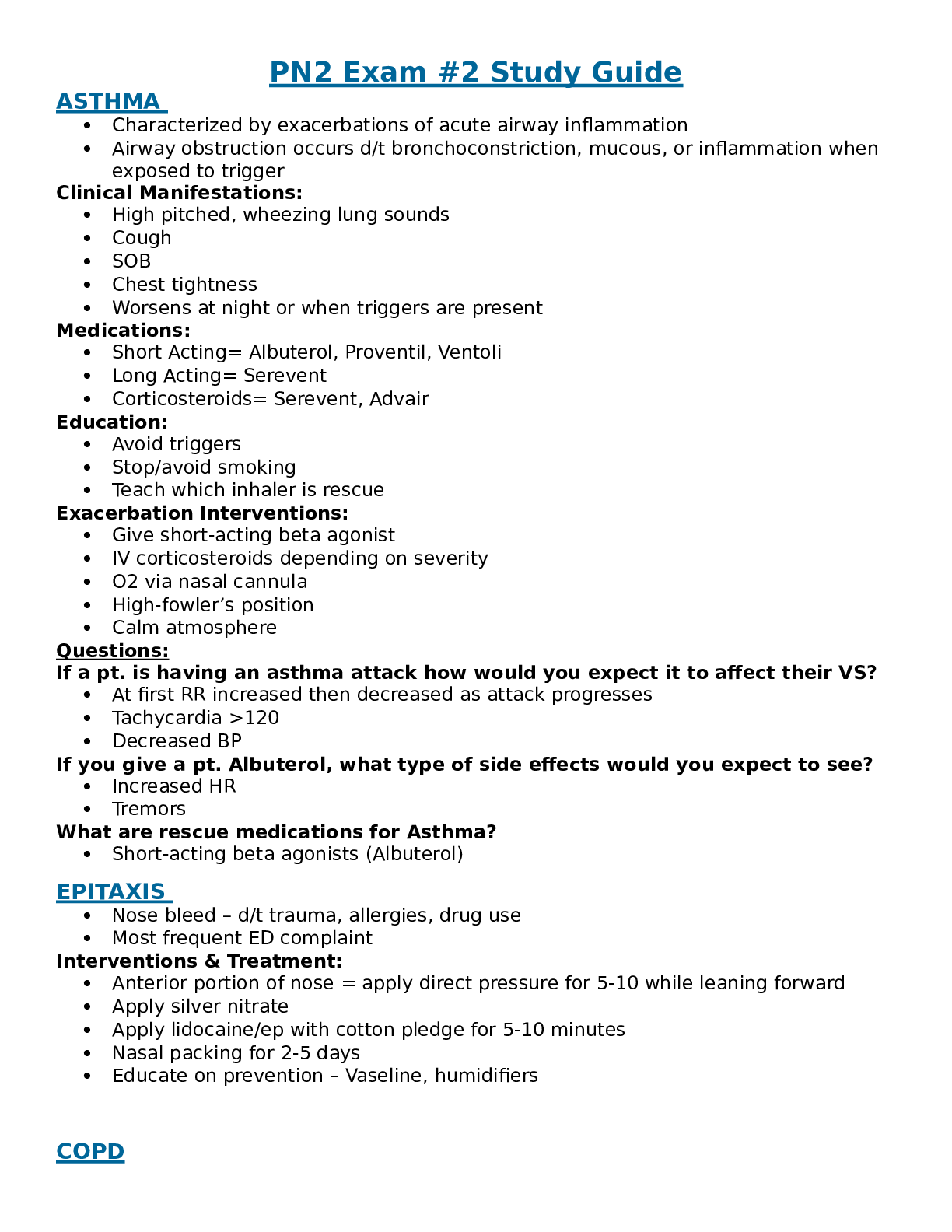
.png)

